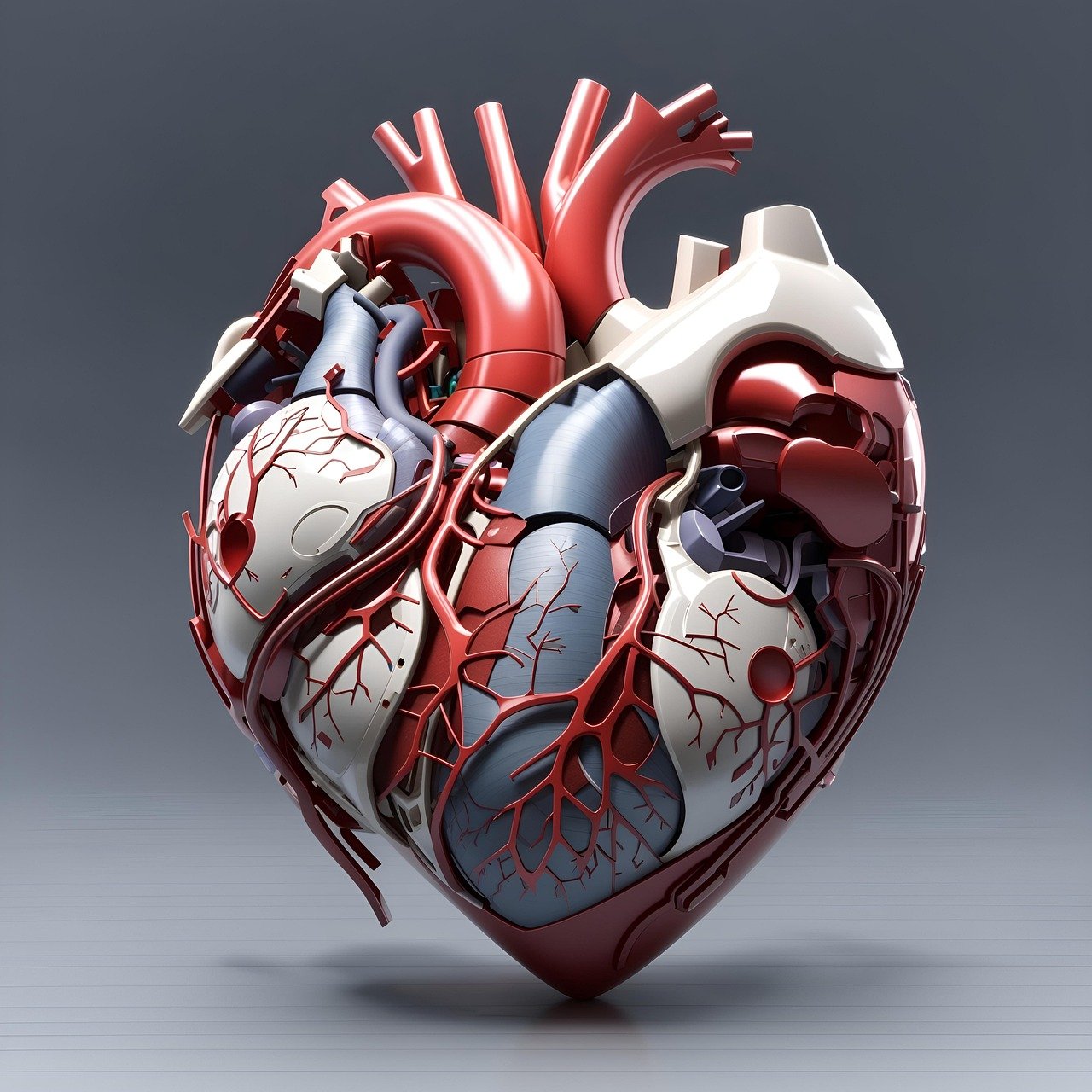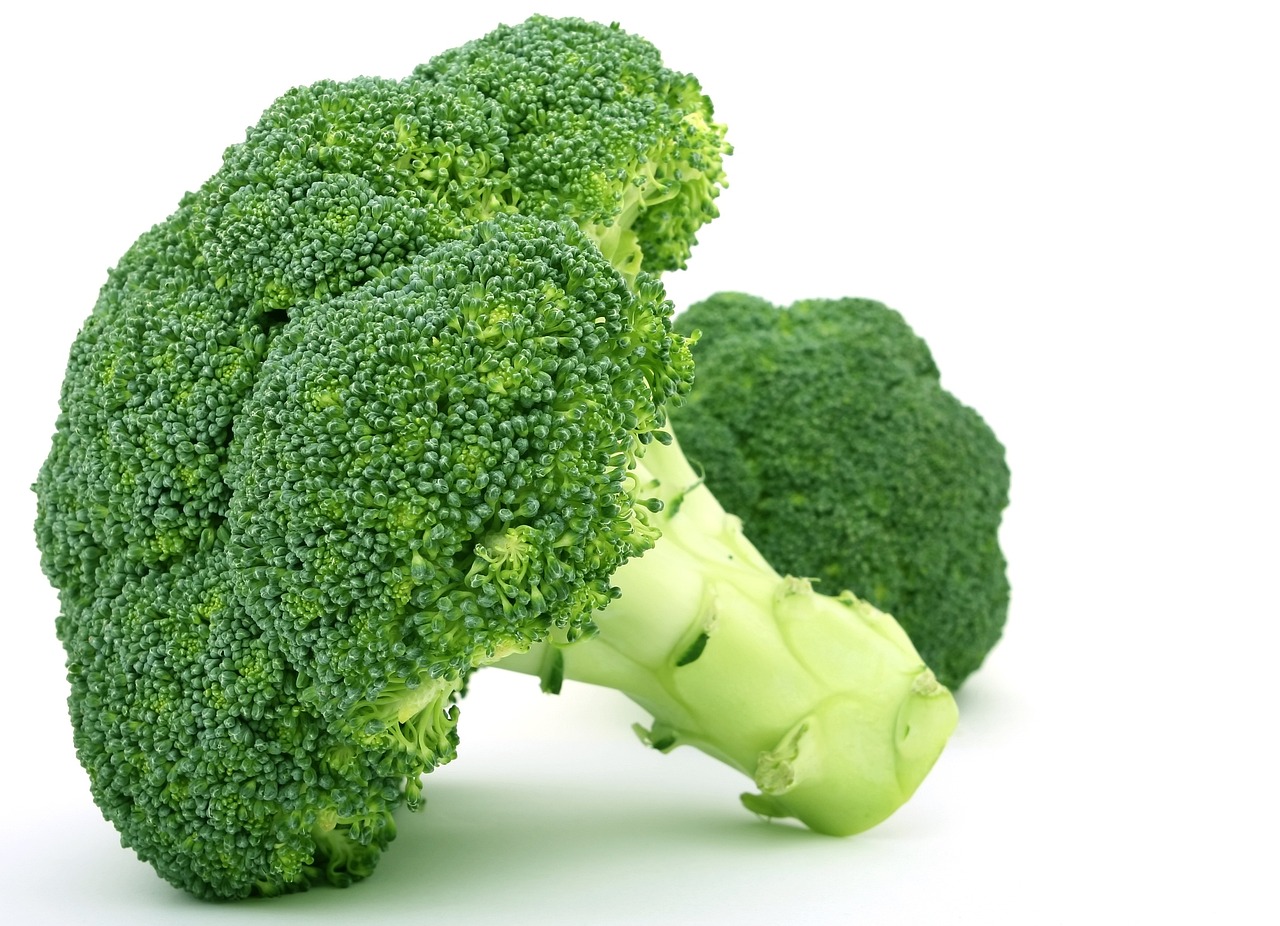Although cardiovascular disease is a problem of the circulatory system, in the final analysis, it is closely related to our daily lifestyle and eating habits.
1. Eat a variety of foods
In order to maintain good health, it is necessary to ensure that the food you eat is rich enough. The word “rich” here does not mean eating a lot, but rather a variety of food. For human beings, there is no absolute need to avoid food, eat a little bit of everything, in order to ensure that their nutritional balance.
It is recommended to have more than 12 food groups per day and more than 25 food groups per week. This will ensure the intake of trace elements such as calcium, iron, magnesium and zinc, as well as vitamins A, D, E, C, K, B-complex and folic acid. Supplementing your body with a full range of nutrients is the foundation for maintaining good health.
2. Eat and move to balance
Obesity is an independent risk factor for cardiovascular disease, obesity itself can also be considered a metabolic disorder disease, and the reason for people to become fat, is to eat too much, and move too little.
In fact, we are not afraid to eat a lot, as long as you can consume no problem. For example, athletes, physical workers, every day need to replenish a lot of calories, otherwise the physical ability will decline.
While we ensure that our nutritional intake is comprehensive, we also take in a large number of calories, so we also need to ensure that we have enough exercise to burn off the excess calories and avoid the excess nutrients from turning into fat.
3. Eat less carbohydrates
Fine grain carbohydrates are commonly known as sugar, and starch-rich foods, such as rice, pasta, and other staples, are carbohydrate foods. Carbohydrate foods break down to produce glucose, which is the main form of energy supply for humans. We can’t give up carbs altogether, but we need to choose carbohydrate foods that break down slowly.
The refined rice and pasta in carbohydrate foods are easily digested and absorbed and break down into sugar too quickly, which can be harmful to the body. It is recommended to replace one-third of your staple food with coarse grains such as oats, brown rice, corn, and mixed beans, and consume whole grains with a low glycemic index, which will make your body healthier.
4. Choosing high-quality protein
The body needs amino acids, which are obtained by breaking down proteins from external intake. There are two sources of protein, one source is animal protein, such as lean meat from animals, including lean red meat from pigs, cows and sheep; and white meat from poultry and aquatic products, as well as milk and eggs. The other source is plant-based proteins, mainly beans and legumes.
Each person, needs about 1.5g of protein per kilogram of body weight per day. The recommended intake of animal and plant proteins, is 50/50. Among animal proteins, one-third of red meat, one-third of white meat, and one-third of eggs and milk are recommended. However, people with poor kidney function need to control the intake of protein under the guidance of a doctor.
5. Oils that need to be limited
Oils are fats, and in order to be healthy, you need to eat them, but limit the total amount of oil you eat. Many people think that eating oil is unhealthy, so the diet of “no oil”. This is not scientific, because many nutrients are fat-soluble and can only be absorbed when there is oil in the diet. If there is no oil in the diet, it is more likely to be malnourished.
The choice of fats and oils, it is recommended to use vegetable oils, such as soybean oil, olive oil, etc., which have a high content of unsaturated fatty acids, and also have certain benefits to the body. Animal oils, on the other hand, are high in saturated fatty acids, which are hazardous to health and are not recommended for consumption.
Note that the calories of fats and oils are too high, and it is easy to get fat in excess, so vegetable oils should not be eaten more, limited to 25 grams per day.
6. Fresh vegetables and restrictions
Fruits In many health guides, it is recommended to eat more vegetables and fruits. Vegetables means fresh vegetables, which can be eaten as often as possible. Fresh vegetables are high in vitamins, whereas processed vegetables such as dried vegetables and kimchi, where nutrients are lost and there is the possibility of bacterial contamination and excess salt, are not recommended to be eaten in large quantities.
Fruits need to be limited, about half a catty a day is good. Although the fruit is rich in vitamins, trace elements, dietary fibre, but also contains a lot of fructose, eating too much will lead to fat. So fruits should not be consumed without moderation, and it is best to consume them between meals.
7. Salt and sugar control
Sodium ions in table salt are a risk factor for inducing high blood pressure and increasing the risk of cardiovascular disease. Our daily per capita salt intake is 10.5 grams, much higher than the healthy standard of 6 grams. But salt is not the less the better, too little salt intake may lead to hyponatremia, the same will be dangerous to health, so the daily salt amount is best controlled between 3 to 6 grams.
For the sake of health, you must pay attention to sugar control. Sugar here does not mean carbohydrate foods, but the extra added sugar in foods. For example, sugary foods such as cakes, biscuits and breads, or sugary drinks. The less added sugar you consume, the better, and don’t consume more than 50 grams of added sugar, per day.
8. Maintain a regular diet less alcohol
Everyone can ensure three meals a day or two meals a day, depending on their habits. But to maintain a regularity, do not overeat, and do not eat a full meal. It is recommended that you try to cook for yourself and eat less at restaurants or takeaways. Because outside restaurants for taste, usually heavy oil and salt, cooking your own food is convenient to control salt and oil, more healthy.
The Lancet, the world’s top medical journal, has shown that alcohol is harmful to the human body. When you suffer from cardiovascular disease, every drop of alcohol you drink is sinful. If you really can’t control it, you should limit your alcohol consumption to no more than 25 grams per day.
To summarise, cardiovascular disease can be well prevented by adopting a healthy diet and keeping a lid on your mouth before you get sick. It is not difficult to achieve a healthy diet in a short period of time, what is difficult is to stick to it for a long period of time. People who have already developed hypertension, diabetes, hyperlipidaemia and other three highs, while managing their diets, also need to take regular medication under the guidance of a doctor in order to effectively prevent the occurrence of disease.




